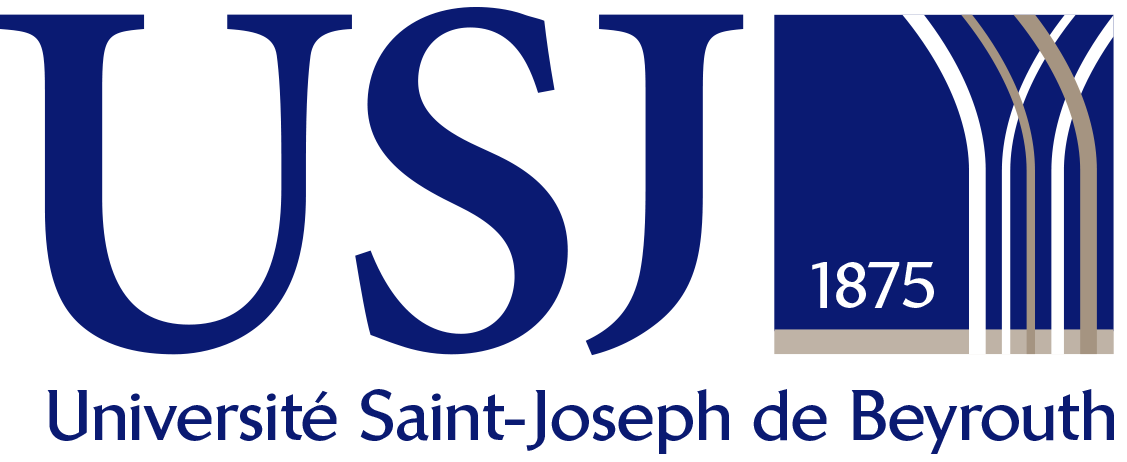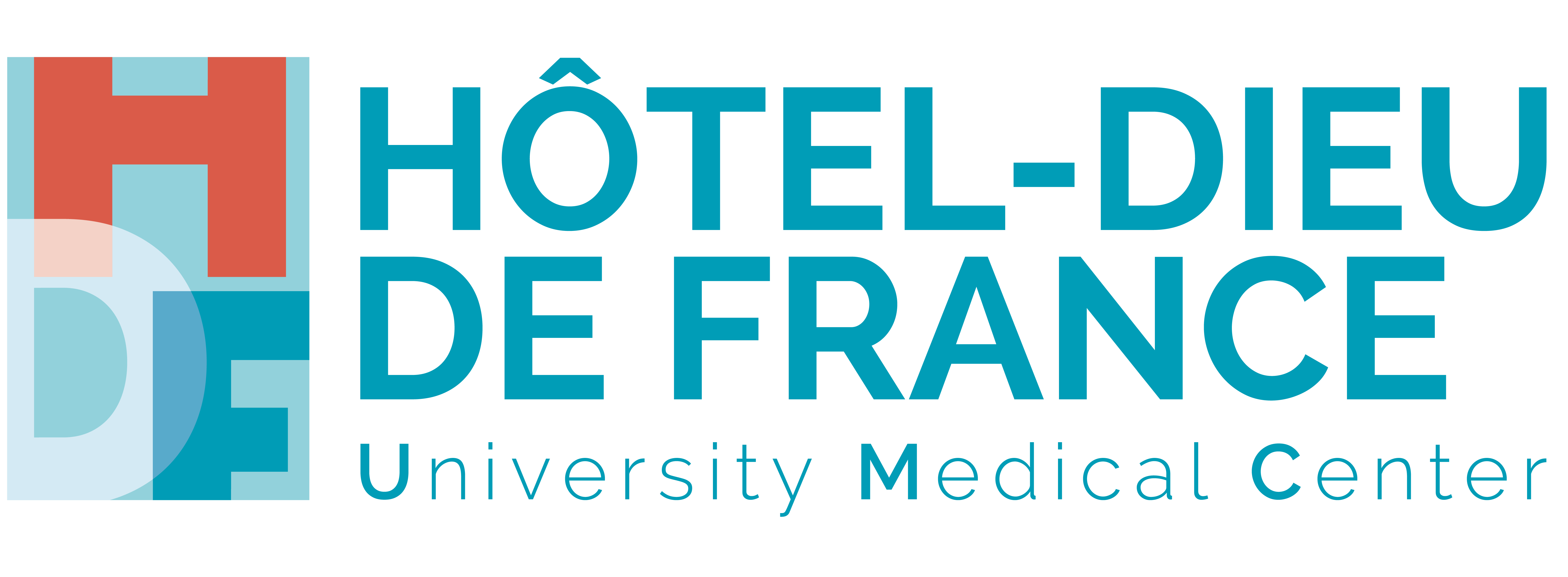As part of its mission to reflect on contemporary issues, the Ethics Committee of Hôtel-Dieu de France organized its annual conference around the theme: "Artificial Intelligence and Health: What Are the Ethical Challenges?"
This annual gathering has become a key platform for fostering dialogue among researchers, practitioners, and students on the transformations brought about by artificial intelligence in the field of health.
Dr. Charbel Batour, S.J., opened the event with a welcome address to all participants, stating:
"As the new director of the University Center for Ethics, I am pleased to open this morning dedicated to a vital and timely subject: artificial intelligence and the ethical challenges it raises. This topic has naturally imposed itself, as it lies at the heart of current upheavals. It is not so much 'artificial' intelligence, but rather augmented intelligence—an extension of our own human capacities. This complex and sensitive issue touches on education, medicine, research, the caregiver-patient relationship, responsibility, transparency, and equity. It raises fundamental questions that must remain open, without rushing to answer them. This is a vast undertaking, and I am convinced it deserves our full attention—today and in the years to come."
Two thematic sessions structured the day, each rich in debate and critical analysis.
The first session, moderated by Prof. Sami Richa, had the honor of hosting Prof. Yannis Constantinidès (Espace éthique Île-de-France, Paris) as the keynote speaker, alongside Prof. Sami Slaba (Faculty of Medicine – USJ) and students Guy Awad and Ayman Moubayed, who offered fresh insights into future challenges.
The second session, led by Prof. Ronald Moussa, brought together Ms. Wadad Wazen (Digital Innovation and AI Center – USJ), Prof. Rafic Faddoul, Ms. Tina Yaacoub (ESIB – USJ), and Dr. Lina Iskandar Hawat (Faculty of Religious Sciences – USJ), for a multidisciplinary discussion bridging hard sciences, humanities, and spirituality.
Among the topics explored were ethical dilemmas posed by automated diagnostics, algorithmic bias, the notion of informed consent in a complex technological landscape, and the future of the therapeutic relationship in the face of increasingly autonomous systems.
An interactive roundtable offered a dynamic space for dialogue, bringing together medical, philosophical, technical, and anthropological perspectives around provocative questions: Can one truly heal without integrity in a medicine that learns without conscience? Can artificial intelligence coexist with the human quest for meaning and dignity?
To conclude this thought-provoking day, the official launch of the book “The Ethics Committee of Hôtel-Dieu de France” (USJ Press – 2025) was met with particular interest, gathering committee members for the occasion.
Copies of the book were then distributed to participants, allowing each to take home a valuable record of the committee’s work.
This publication traces the evolution, missions, and impact of the committee since its inception, reaffirming its pioneering role within both the hospital and academic settings.

